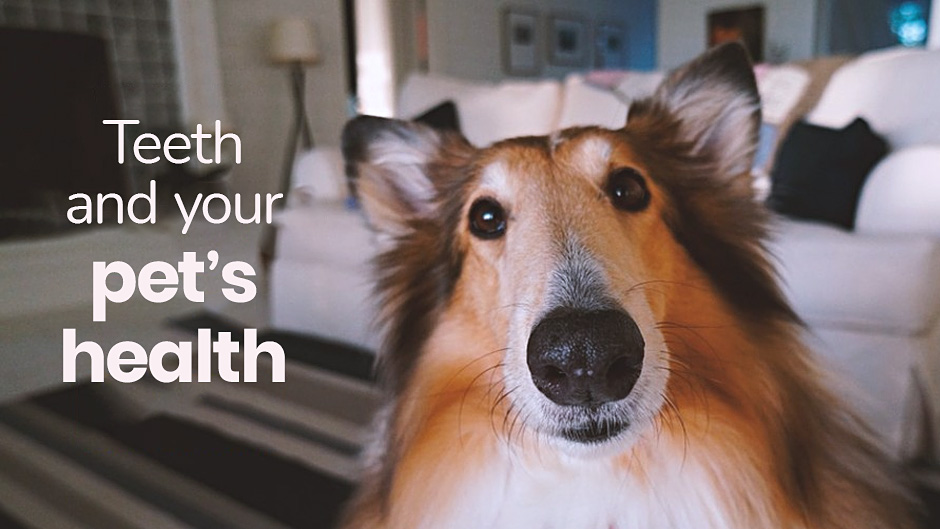Can you imagine going through a day, or even a week, without brushing your teeth? Think of the reasons that dental health is so important to you, and then consider many of these same reasons are equally as important for your pet. Our pets benefit greatly from proper dental health, and once you're aware of the reasons why, you'll never skip a tooth brushing again!
Help Prevent Heart, Liver, and Kidney Damage
Without proper dental care, your pet may develop gingivitis, which can lead to periodontal disease. Left untreated, this disease has a harmful impact on your pet's other body systems, including the circulatory and digestive processes.
Daily Brushing is Simple, and a Time to Bond With Your Pet
Not sure how to brush your pet's teeth? This video will help! Begin in small steps, by gathering the tools for brushing (all available in our online store!). We even have toothpaste flavors which will be especially tempting for your pet, such as beef, poultry or seafood! Help your pet get sensitized to the toothbrush and toothpaste by bringing items near him or her and gently touching his face. Reward each step of the process with a tasty treat. You'll quickly earn their attention and confidence! Begin brushing gently along teeth and gum lines, and gradually increase time spent with this process.
In Addition to Brushing, Try These!
There are chews and chew toys that will help reduce the amount of tartar and plaque buildup on your pet's teeth. Our dental team can recommend the most appropriate ones for your pet's specific needs and age. Keep in mind, it's highly important that you supervise your pet when they are chewing these items, as if they swallow a large piece of a chew, they may develop digestive problems. By carefully selecting toys which help keep your pet mentally stimulated, as well, you'll help in preventing boredom in addition to helping keep his or her teeth healthy! We may also recommend a tartar control diet for your pet.
Schedule Your Pet's Dental
By scheduling your pet's professional dental cleaning with your Minnesota Veterinary Hospital team, our veterinarians will be able to look below the gumline to see if any periodontal disease exists, and also to remove tartar both above and below this gumline. This occursunder a general anesthetic to be done thoroughly and properly. After the cleaning is complete, we'll apply a fluoride coating on the teeth which helps decrease sensitivity, strengthen enamel, and slow down the rate of future plaque and tartar buildup.
As humans, caring for our teeth and gums has been a part of our daily routine for as long as we can remember. Just like it is for you, oral health care is important for pets — regular, professional care from veterinarians and home care from pet owners to keep plaque removed. Call us at (651) 484-3331 to schedule an appointment to develop a dental regimen for your pet!
References:
Avma.org, www.avma.org/public/PetCare/Pages/Pet-Dental-Care.aspx.
"AAHA Dental Care Guidelines for Dogs and Cats." AAHA, www.aaha.org/pet_owner/about_aaha/why_accreditation_matters/guidelines_position_statements/aaha_dental_care_guidelines_for_dogs_and_cats.aspx.
"How periodontal disease can affect pets’ organs", DVM 360,
http://veterinaryteam.dvm360.com/how-periodontal-disease-can-affect-pets-organs
"Home Care for Dogs." Dental Scaling Without Anesthesia | AVDC – American Veterinary Dental College, www.avdc.org/carefordogs.html.
Image Credit: Pixabay

